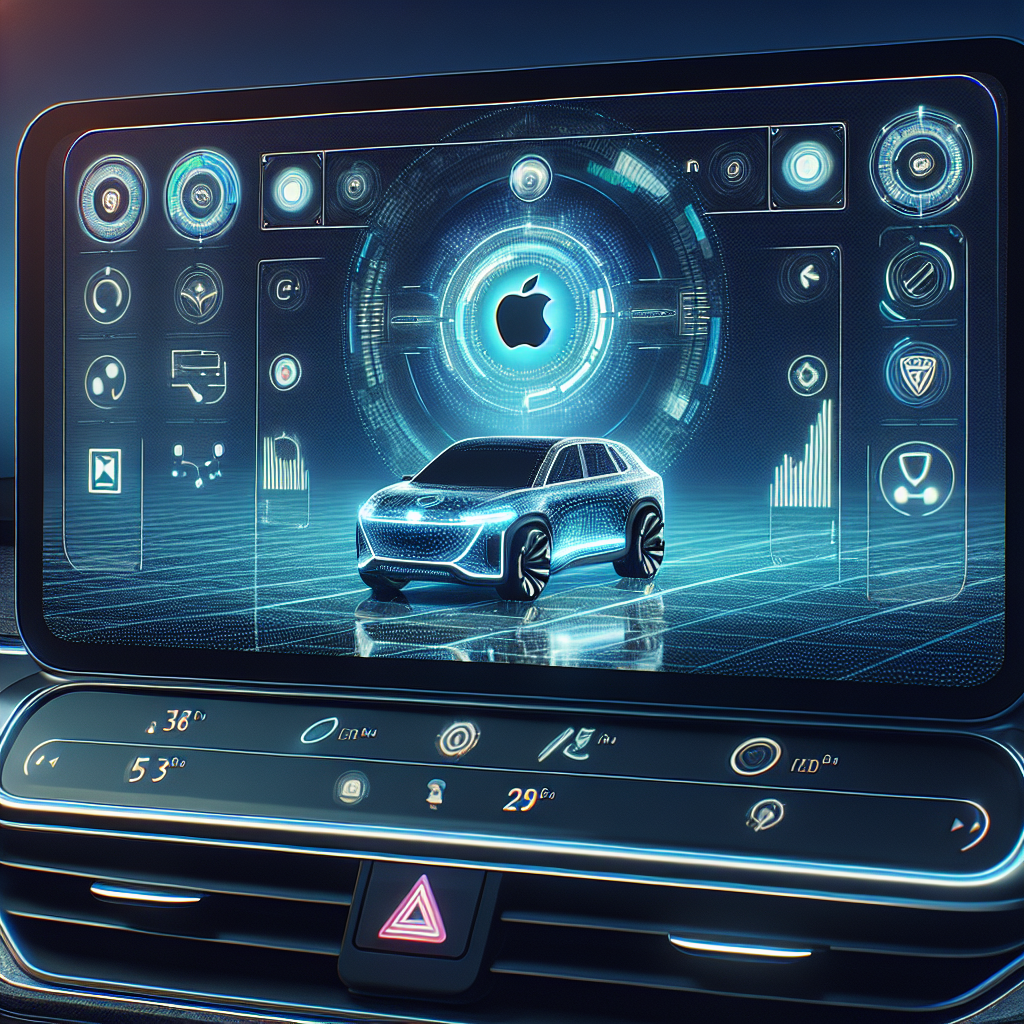General Motors has announced plans to eliminate Apple CarPlay support from all its future vehicles, including those powered by internal combustion engines, a decision that marks a significant shift in the automaker’s approach to in-vehicle infotainment systems. According to a report titled “GM to Remove CarPlay from All Future Vehicles, Including Gas Cars” published by StartupNews.fyi, the company intends to phase out the popular smartphone integration platform in favor of its own native software experience.
The move, part of GM’s broader strategy to exert greater control over the digital experience in its vehicles, represents a bold bet on first-party software development at a time when increasing numbers of drivers have grown accustomed to seamless integration with Apple and Android ecosystems. Critics argue that the company’s decision risks alienating a broad base of customers who view CarPlay as an essential feature of modern vehicles, particularly in mid-to-high-end models.
Initially, GM had announced in early 2023 that it would begin removing CarPlay and Android Auto compatibility from its electric vehicles, starting with select models under the Chevrolet and Cadillac brands. At the time, company executives cited the need for a more tightly integrated and consistent experience as central to its vision for connected mobility. Now, the expansion of that policy to all vehicle platforms—including gasoline-powered cars—signals a more sweeping and committed departure.
GM plans to rely on its Ultifi software platform, a proprietary operating system designed to support over-the-air updates and deeper integration with vehicle systems such as driver assistance, maintenance alerts, and energy management. Built on an Android foundation but customized by GM, the new interface is intended to offer functionality that outpaces what smartphone projection can provide. However, the move also positions the company in deeper competition with tech giants like Apple and Google, who have invested heavily in expanding their in-car ecosystems.
Industry observers note that the automaker could reap new sources of revenue by controlling the user interface and services tied to navigation, streaming, and e-commerce. Nevertheless, concerns persist about consumer choice, user familiarity, and potential limitations in the user experience compared to what Apple or Google might offer through their own platforms.
GM has stated that it will continue to support Bluetooth connectivity and other basic smartphone functions, but emphasized that navigation, music, and messaging will be controlled through its own system. Apple declined to comment on the development, and GM has not indicated whether there will be a transition plan for customers currently using CarPlay-enabled models.
As automakers increasingly position themselves as software providers, GM’s move could serve as a litmus test for consumer acceptance of proprietary in-car platforms at the expense of third-party integrations. With rivals like Ford and BMW continuing to support CarPlay and Android Auto, GM’s strategic gamble may define how much control legacy manufacturers can assert over the digital driving experience in the years to come.



